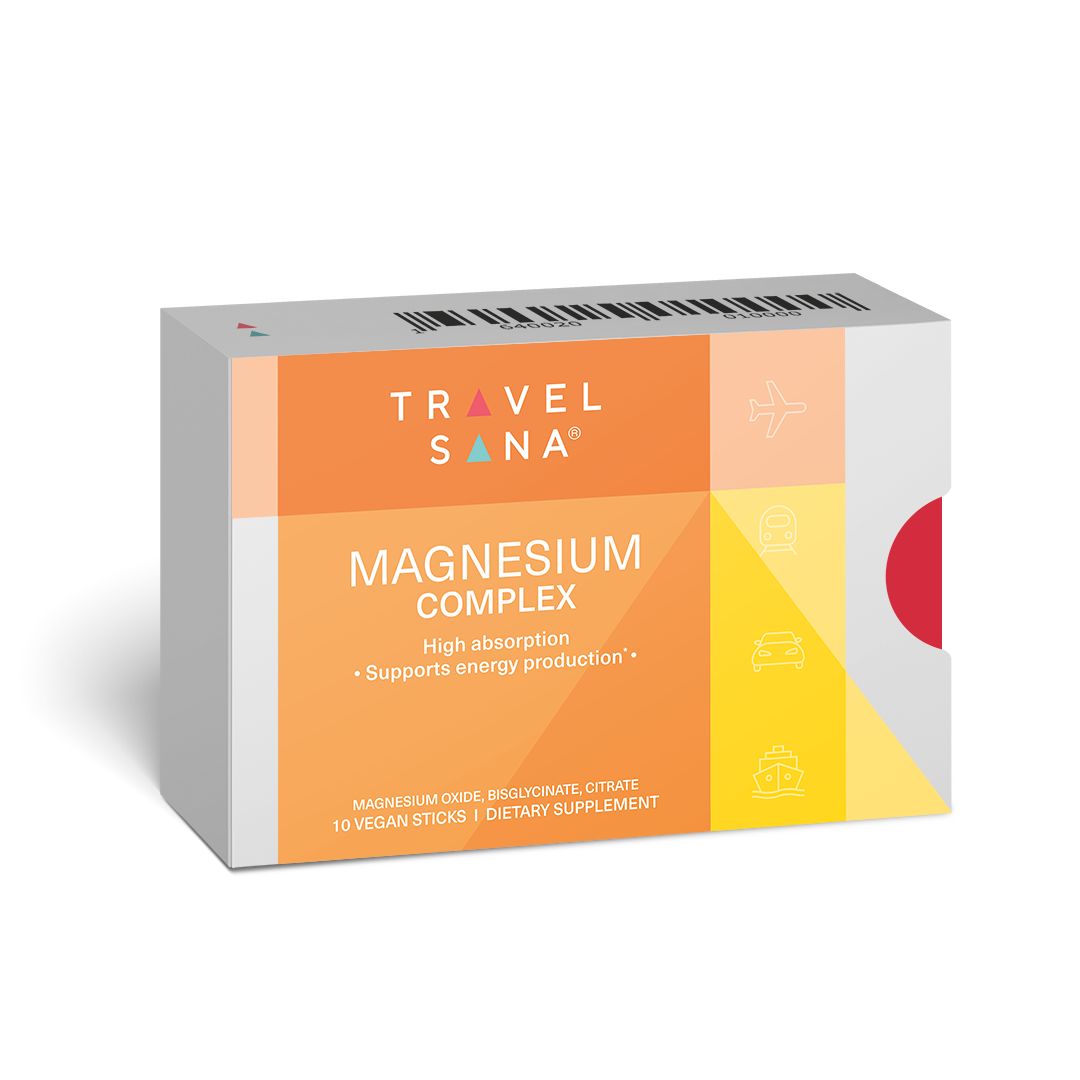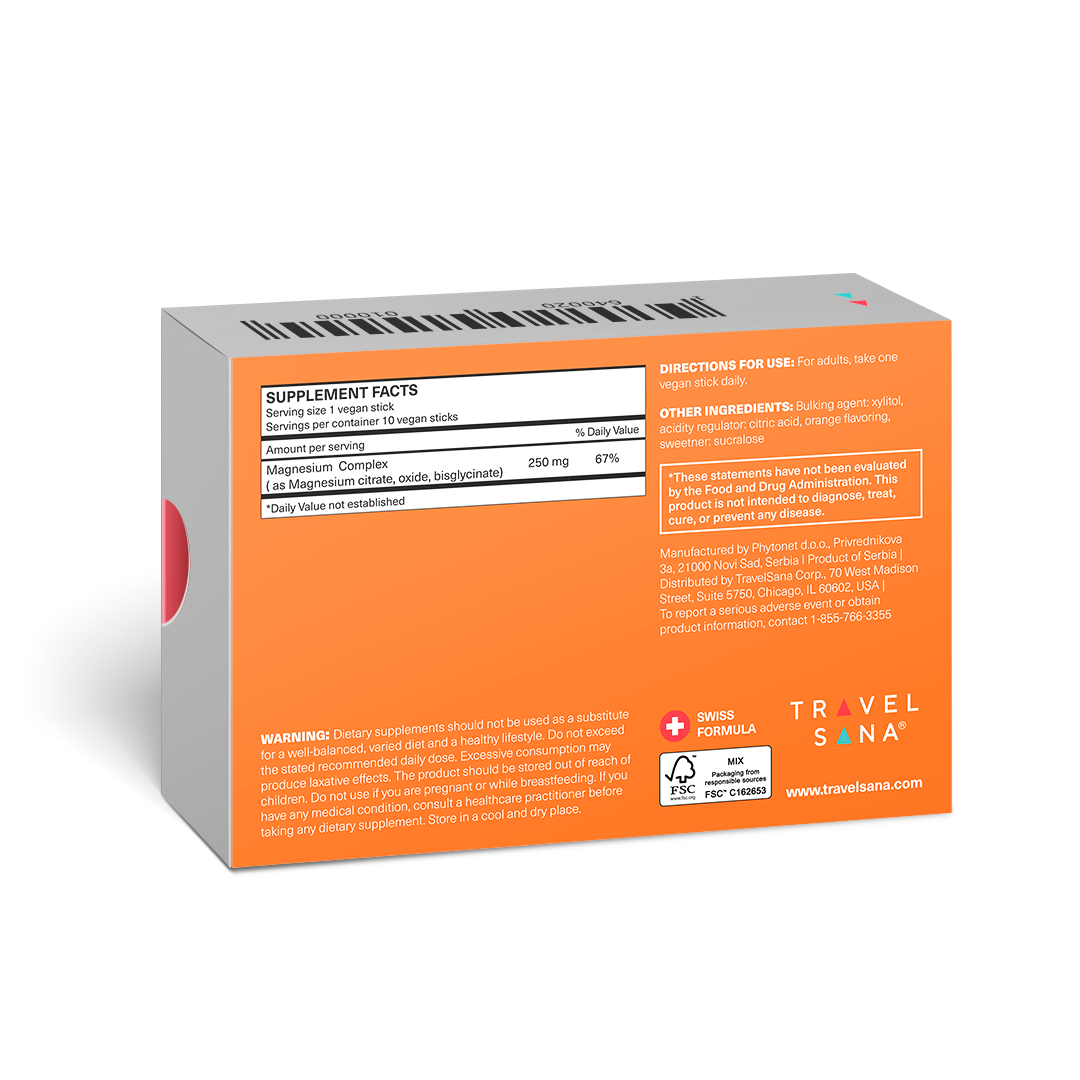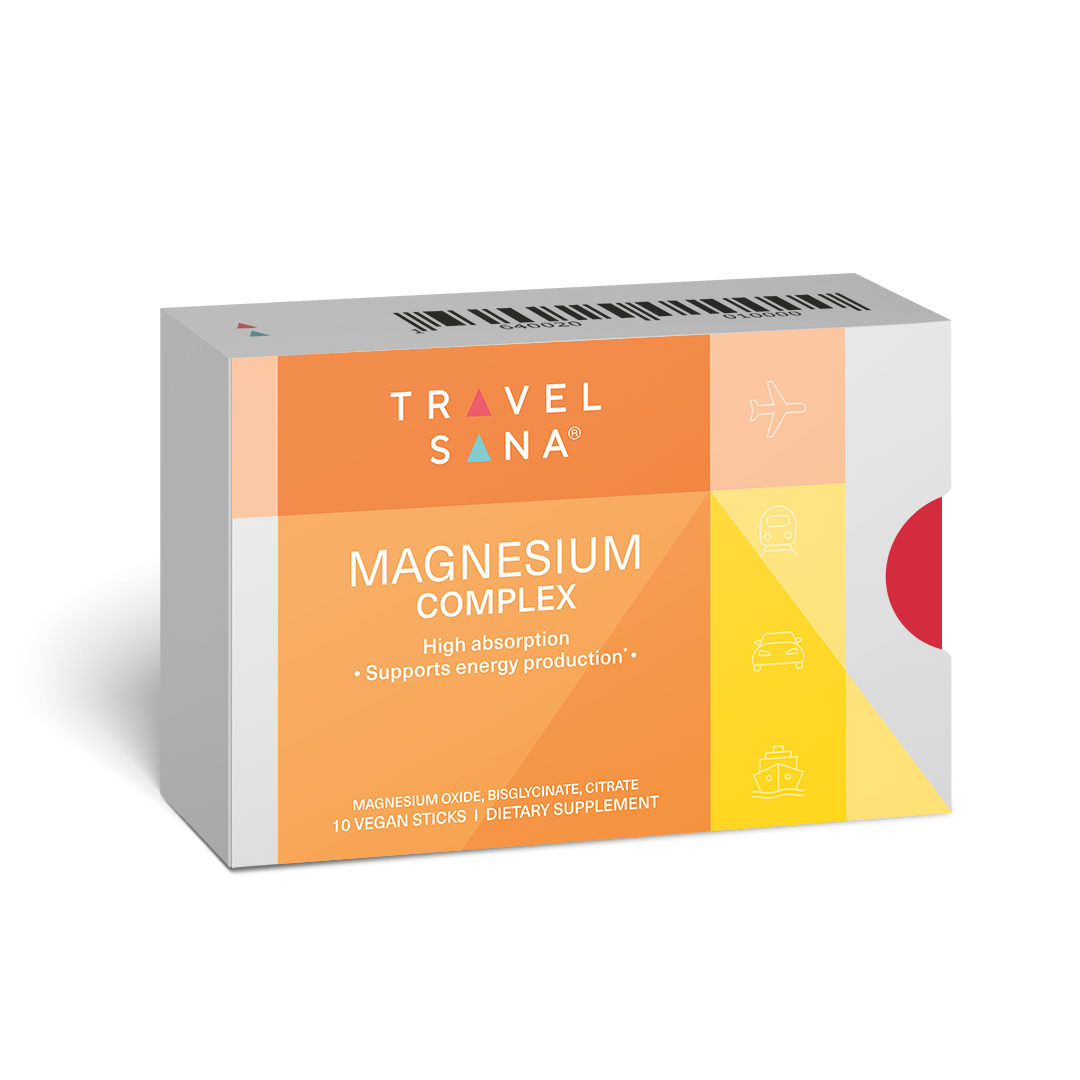
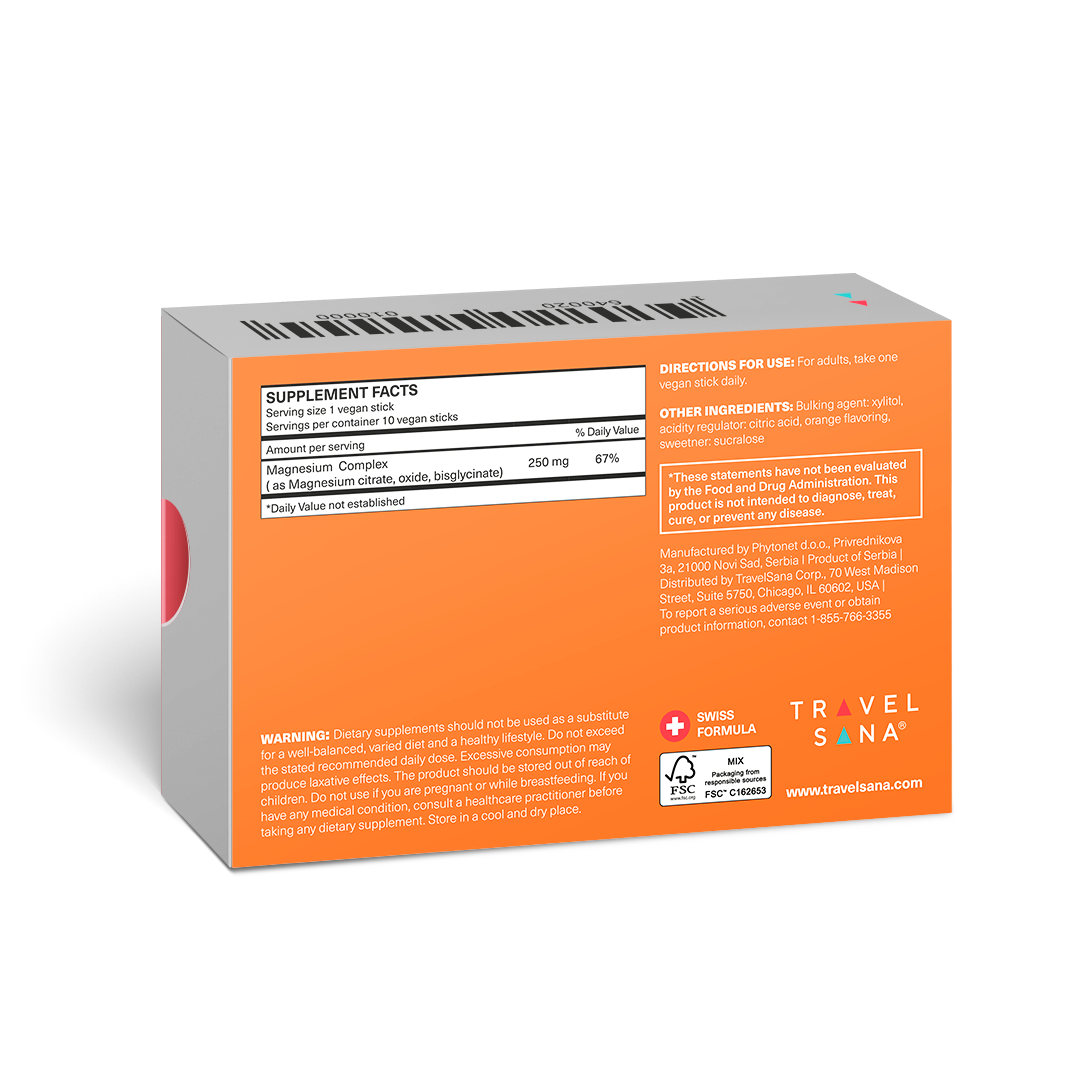
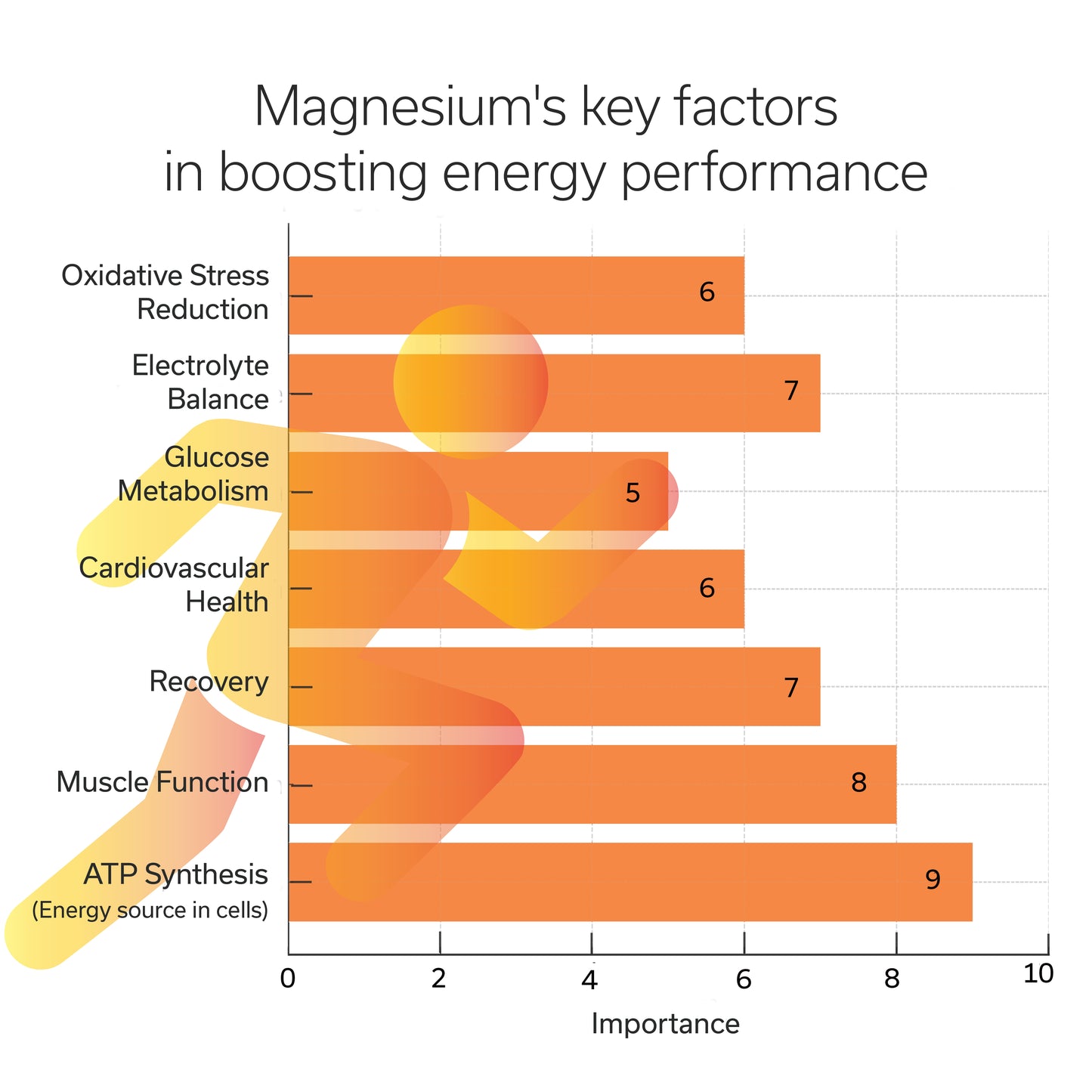
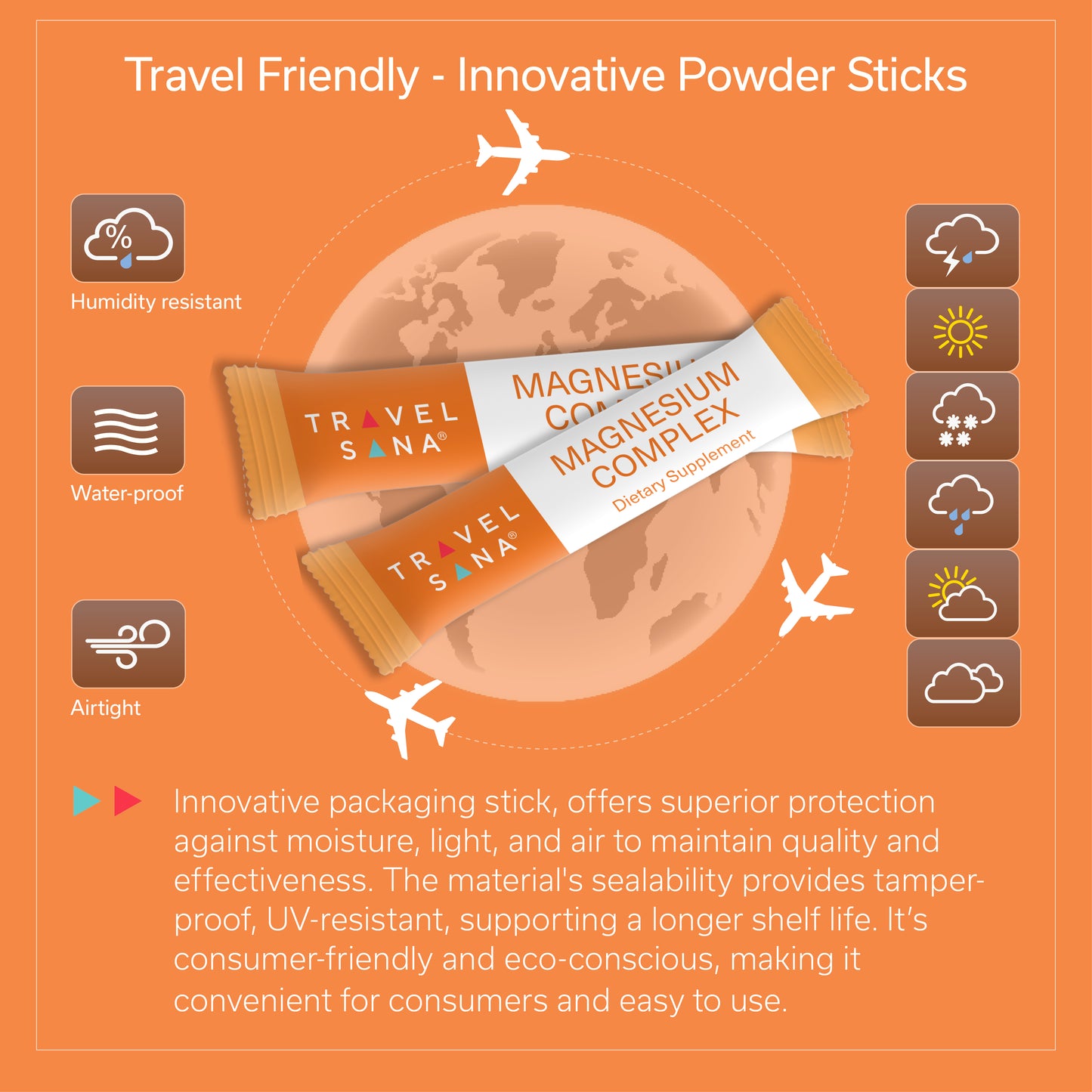
What is Magnesium?
Magnesium is an alkaline earth metal. It is the ninth most abundant element in the universe.
Magnesium
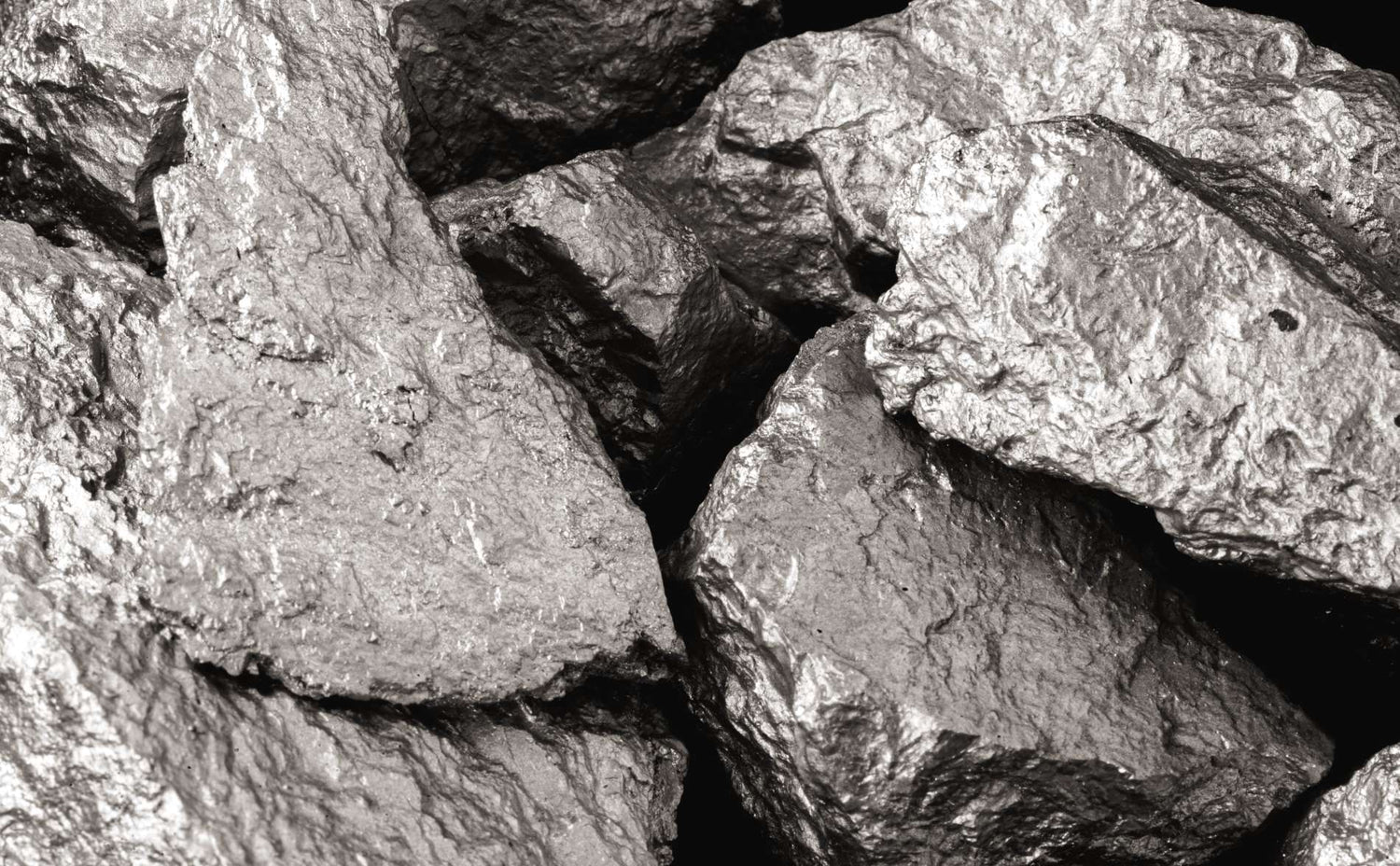
In prehistoric times, when agriculture had not been discovered, sources of magnesium were relatively limited. At the time, hunter-gatherers obtained magnesium from fish and certain oleaginous fruits such as walnuts, hazelnuts and almonds. Today, there are many more foods rich in magnesium. Paradoxically, most people do not have enough magnesium in their bodies.
A balanced diet over time helps to maintain an optimal level of magnesium. However, people who are very active or who travel frequently should be aware of foods that are rich in magnesium. Apart from oleaginous fruits and some fish, magnesium is found in significant quantities in green vegetables, whole grains, pulses (e.g. white beans and lentils) and in chocolate.
Magnesium is an alkaline earth metal. It is the ninth most abundant element in the universe. It is produced, in large aging stars by the sequential addition of three helium nuclei to a carbon nucleus. The name magnesium comes from the Greek name of a district in Thessaly called Magnesia. This region was extremely rich in magnesium, in various forms. The chemical element of magnesium was discovered in England in 1755.
In the human body, magnesium is the 11th most abundant element by mass. It is essential to all cells and to some 300 enzymes, notably as a cofactor. Magnesium is essential for the proper functioning of the human body. A lack of magnesium causes weakness and fatigue while an optimal level gives energy and vigor.
In prehistoric times, when agriculture had not been discovered, sources of magnesium were relatively limited. At the time, hunter-gatherers obtained magnesium from fish and certain oleaginous fruits such as walnuts, hazelnuts and almonds. Today, there are many more foods rich in magnesium. Paradoxically, most people do not have enough magnesium in their bodies.
A balanced diet over time helps to maintain an optimal level of magnesium. However, people who are very active or who travel frequently should be aware of foods that are rich in magnesium. Apart from oleaginous fruits and some fish, magnesium is found in significant quantities in green vegetables, whole grains, pulses (e.g. white beans and lentils) and in chocolate.
